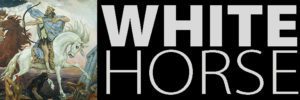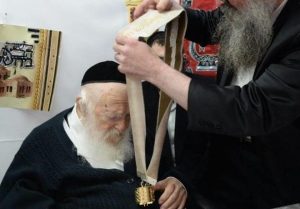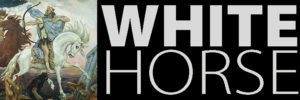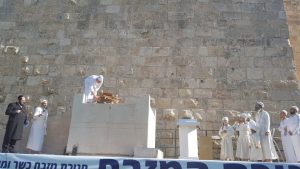

Robert Spencer – April 17, 2022
Passover started Friday and Sunday is Easter for most Christians (Orthodox Christian Easter, or Pascha, is next Sunday). In keeping with the season, The New York Times thought Thursday was the perfect day to publish a rancorous anti-God screed written by an angry former believer. The Times is now openly proselytizing for atheism, and while that’s certainly its prerogative, it also must be asked: why now, in the lead-in to two of the holiest of times for both Jews and Christians? And also, cui bono — who benefits?
The Times op-ed was the work of Shalom Auslander, the author of a book called Foreskin’s Lament: A Memoir, in which he bitterly recounts his Orthodox Jewish upbringing and how he has said goodbye to all that. He does essentially the same thing in the Times piece, presenting some acid recollections of being an eight-year-old learning about Passover, and adding, “In this time of war and violence, of oppression and suffering, I propose we pass over something else: God.”
This is because God’s judgment on the Egyptians in the Exodus story seems to Auslander to be excessive. “God, it seems, paints with a wide brush. He paints with a roller. In Egypt, said our rabbi, he even killed first-born cattle. He killed cows. If he were mortal, the God of Jews, Christians and Muslims would be dragged to The Hague. And yet we praise him. We emulate him. We implore our children to be like him.” Auslander adds, “Perhaps now, as missiles rain down and the dead are discovered in mass graves, is a good time to stop emulating this hateful God. Perhaps we can stop extolling his brutality. Perhaps now is a good time to teach our children to pass over God — to be as unlike him as possible.” That’s the Times’ message for Passover and Easter.
Auslander doesn’t explain, of course, where he thinks he got the moral sense that he used to judge God’s actions in the Exodus account as he understands them. The Times, of course, has no space to consider answers to Auslander’s theological questions, which have been considered by Jews and Christians throughout the ages who were far more thoughtful than Auslander himself is. It does, however, have plenty of space for Auslander’s practical conclusion: “Killing gods is an idea I can get behind.”






